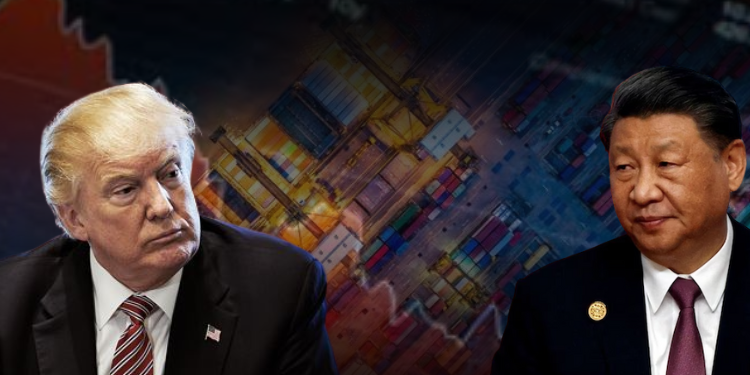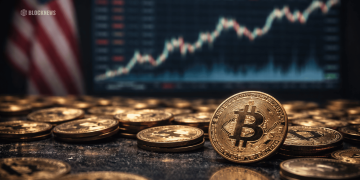- Trump confirmed there will be no tariff exemptions, stating electronics like iPhones and laptops will be hit as part of upcoming national security investigations.
- Commerce Secretary Lutnick clarified that electronics will face sector-specific semiconductor tariffs, aimed at reshoring U.S. manufacturing within the next 1–2 months.
- Apple took an immediate hit, losing $640B in market value and rushing 1.5M iPhones from India to the U.S. as fears of rising production costs grow.
President Donald Trump fired off a Truth Social post on Sunday, slamming the door on the idea that electronics—like smartphones and laptops—would escape his sweeping new tariffs. After some Friday confusion suggesting these items might be spared, Trump made it clear: “NOBODY is getting off the hook.”
He doubled down, calling out countries (China especially) for “unfair trade balances” and insisting the U.S. would no longer tolerate being treated like a “hostage.”
“There was no Tariff ‘exception’ announced on Friday,” he wrote.
“These products are subject to the existing 20% Fentanyl Tariffs, they’re just moving to a different Tariff ‘bucket.'”
Trump also revealed that his team is looking closely at semiconductors and the entire electronics supply chain as part of the upcoming National Security Tariff Investigations.
Electronics in the Crosshairs as White House Clarifies Stance
What looked like a late-week exemption quickly got walked back. On ABC News’ ‘This Week’, Commerce Secretary Howard Lutnick clarified that electronics—yes, including iPhones and laptops—will be included under a new category of sectoral tariffs, tied to semiconductors.
“They’re going to have a special, focused type of tariff,” Lutnick explained. “The goal is to get these products reshored. Built in America.”
For now, gadgets are technically exempt from the reciprocal tariffs, but not for long. Lutnick said the real blow will come in a month or two, once the next wave of sectoral tariffs kicks in.
This move, he added, isn’t about punishment—it’s about strategy. Forcing major companies to rethink where and how they manufacture. Whether that’s realistic… well, that’s another story.
Apple Takes the Hit First and Fast
Apple’s already feeling the sting. After Trump’s initial announcement, the company saw $640 billion wiped from its market value. And while they briefly caught a break with the Friday tariff list—smartphones, hard drives, chips were all seemingly exempt—it now appears that relief was only temporary.
Analysts warn the cost of moving iPhone production to the U.S. could be sky-high. Bank of America estimates it could push the iPhone 16 Pro Max from $1,199 to $2,300, while Wedbush suggests it might hit $3,500 per unit.
Labor costs alone would jump—$200 per unit in the U.S. vs. about $40 in China. And then there’s the talent issue. According to Apple CEO Tim Cook, the U.S. doesn’t have nearly enough skilled tooling engineers to handle high-end electronics manufacturing at scale.
In response, Apple is already acting fast. The company reportedly chartered planes to rush 1.5 million iPhones from India to the U.S., trying to dodge the early impact of the new tariffs.
All of this signals one thing: the tariff war isn’t cooling down. It’s just getting started.














